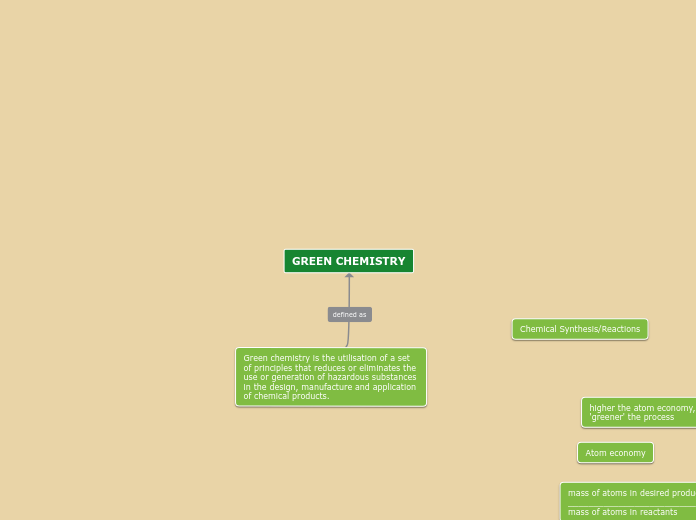jonka Jandayra da Silva 6 vuotta sitten
557
Frankenstein and biotechnology
Mary Shelley's "Frankenstein" reflects the scientific awareness of the early 19th century, particularly in chemistry, evolution, and electricity. The novel explores the themes of scientific responsibility and the unforeseen consequences of human innovation.









